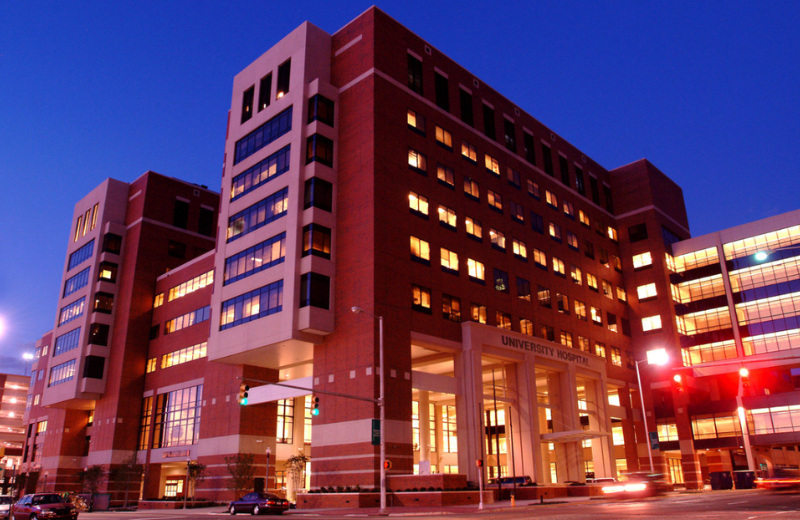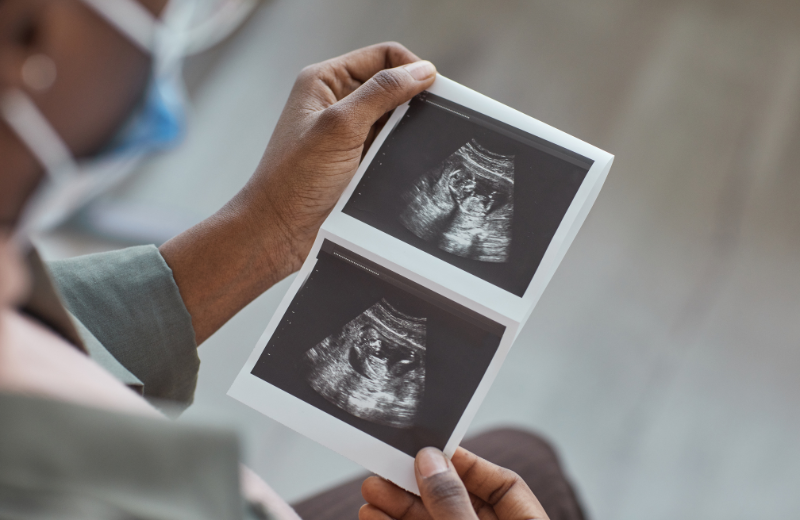Patients
View important updates for patients about the Alabama Supreme Court’s ruling that caused UAB to pause in vitro fertilization (IVF) treatments that involve egg fertilization or embryo development.
Follicle stimulating hormone (FSH) is produced by the pituitary gland and directly stimulates the ovaries to recruit and support ovarian follicles, each containing one egg. The hypothalamus adjusts the production of FSH depending upon the levels of other hormones such as estrogen. FSH is used in stimulated IUI and assisted reproductive technology (ART) cycles to cause the development of numerous follicles, needed because some do not fertilize or do not continue to develop. FSH products available in the United States are either produced by genetic engineering using mammalian culture cells (identical to the body’s FSH) or derived from the urine of postmenopausal women. FSH is administered using patient protocols, and dosages must be adjusted based upon response. A woman undergoing ovulation induction with FSH will go to the clinic numerous times for ultrasound and estradiol measurements. After each of these visits, she will receive dosing instructions. Monitoring is important in preventing serious side effects such as ovarian hyperstimulation syndrome and multiple births.
UAB Medicine’s nationally recognized physicians have years of experience in diagnosing and treating both male and female infertility. We treat infertility with a team approach that includes a urologist, a reproductive endocrinologist, specialized nurses, and laboratory scientists. A variety of conventional treatments are available, including corrective microsurgery. For those who do not have a condition that can be treated, procedures such as intrauterine insemination or in vitro fertilization (IVF) may be used to help a couple get pregnant. Our fertility experts will determine a treatment plan that is best suited for each individual man and his partner. As a major center for research, UAB Medicine continues to investigate new advances in fertility treatment aimed at increasing the chances of conceiving healthy babies.
Resources
Clinical Trials
Speak to your physician about your options and browse the link below for more information
Latest News
View All News-
Hope and resilience: Two mothers from two different countries fight for one baby’s life
May 6, 2025
-
Cassell family donates $1 million to establish Bidirectional Cassell Family Training Program
February 13, 2025
-
Heartfelt homecoming: NICU families unite to thank UAB care team
December 19, 2024
-
UAB Hospital continues to be the best hospital in Alabama, Birmingham metro, according to U.S. News & World Report
July 16, 2024
-
UAB’s Porrett awarded R01 grant from the NIH for uterine transplantation research
July 15, 2024



